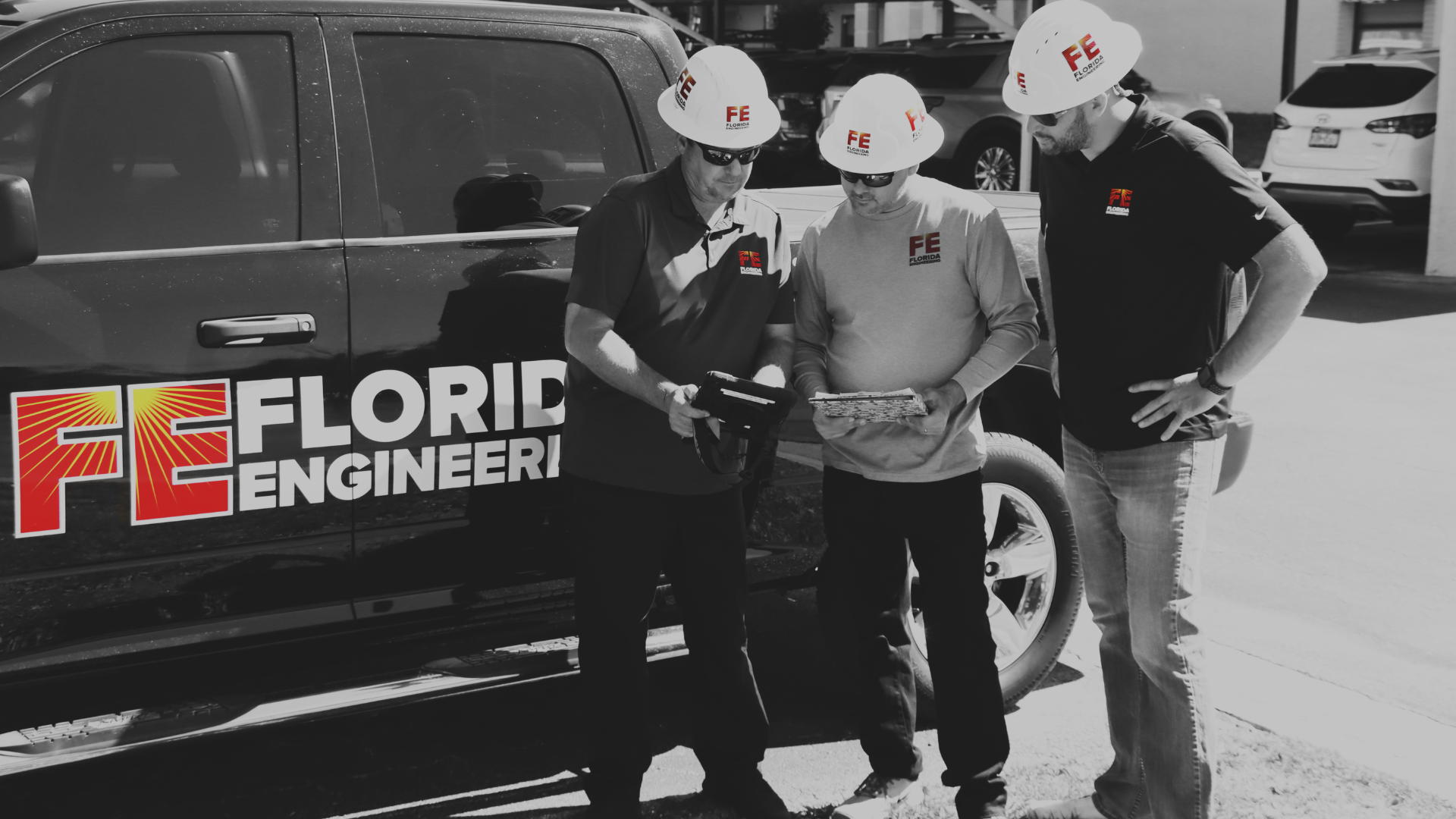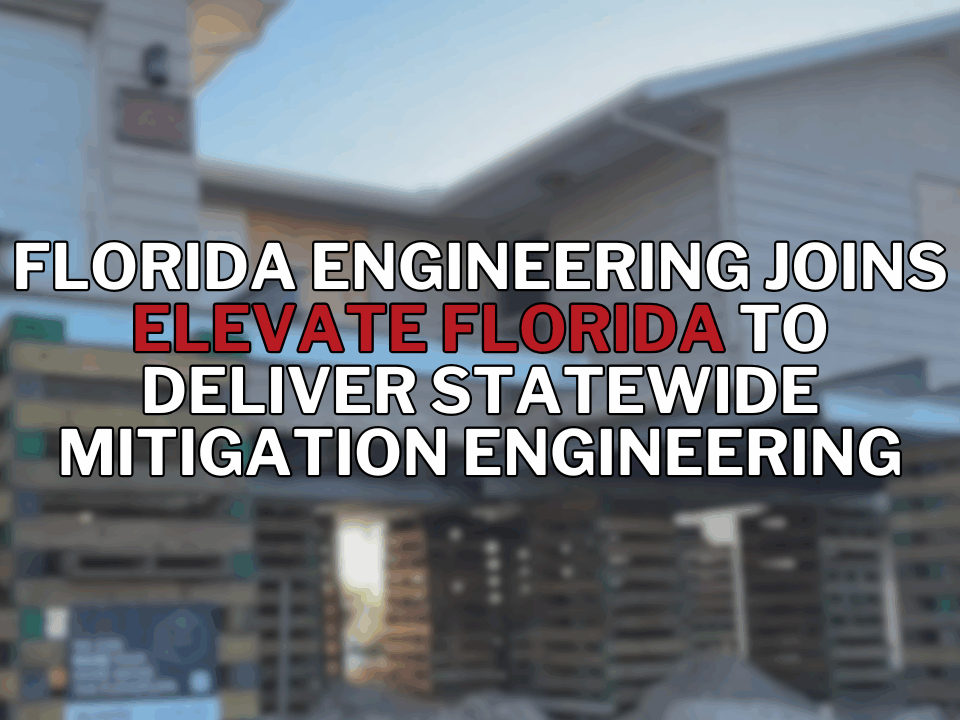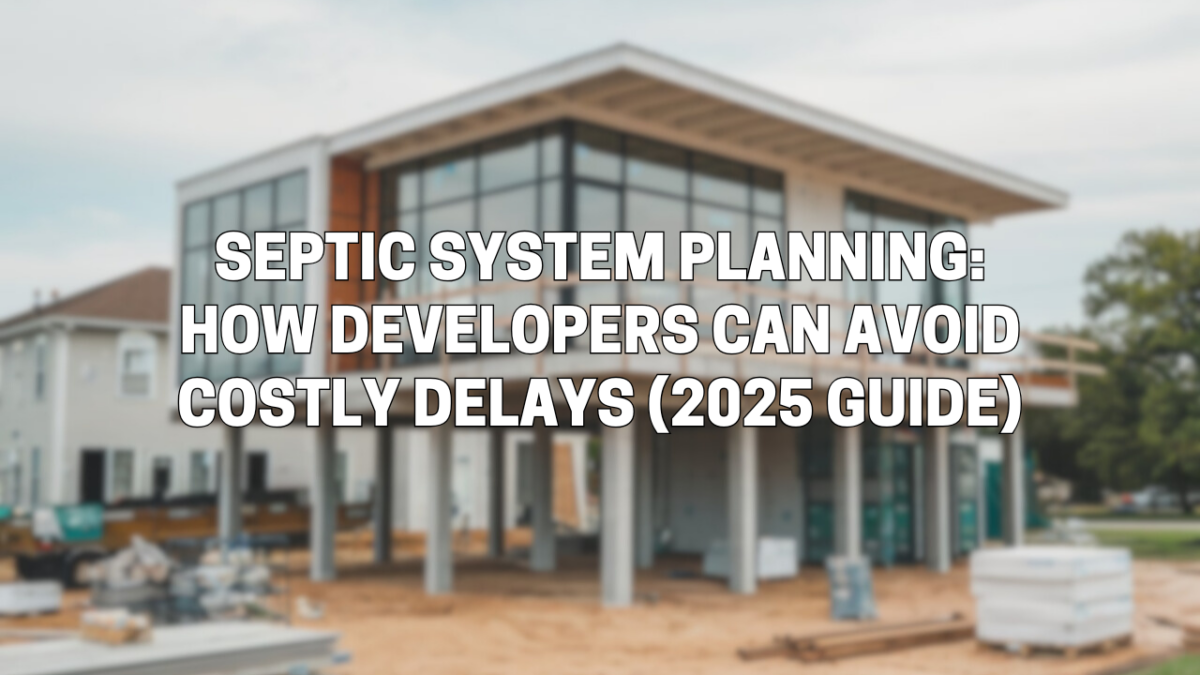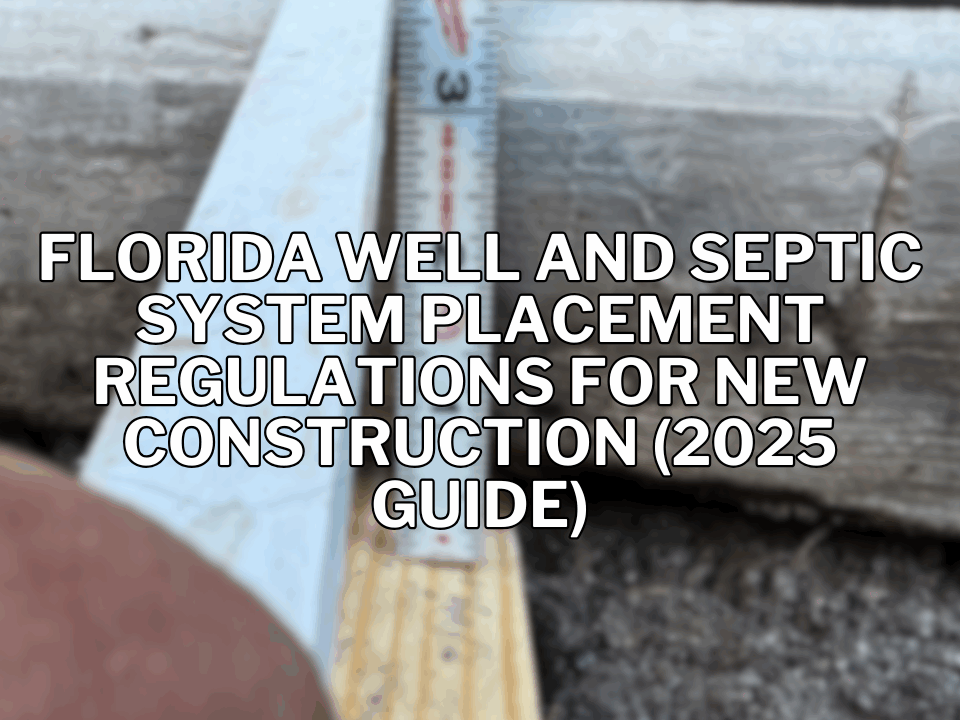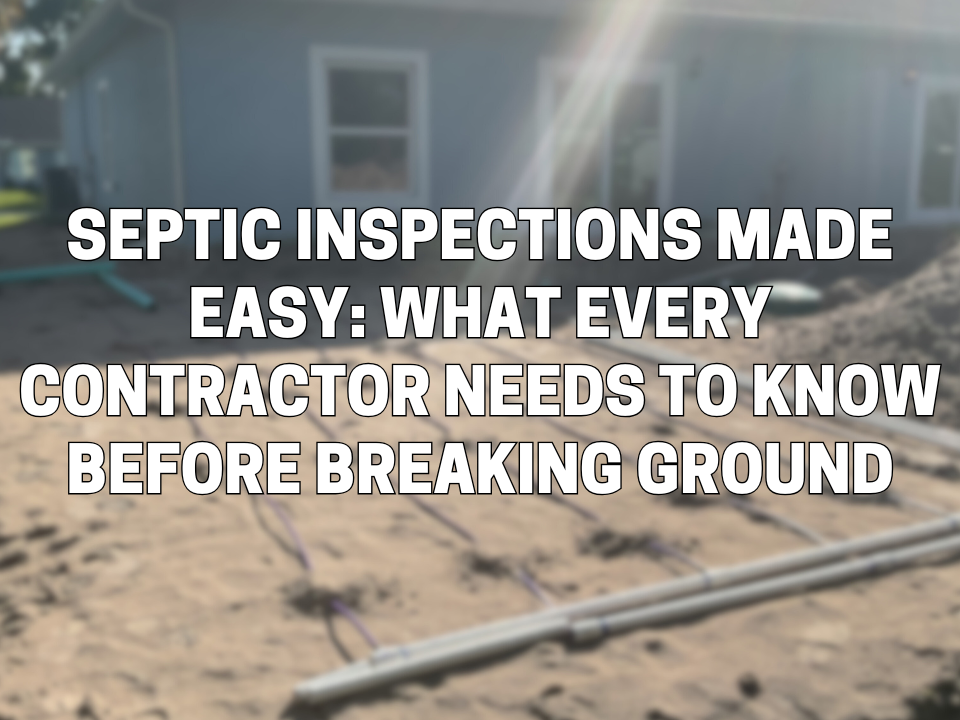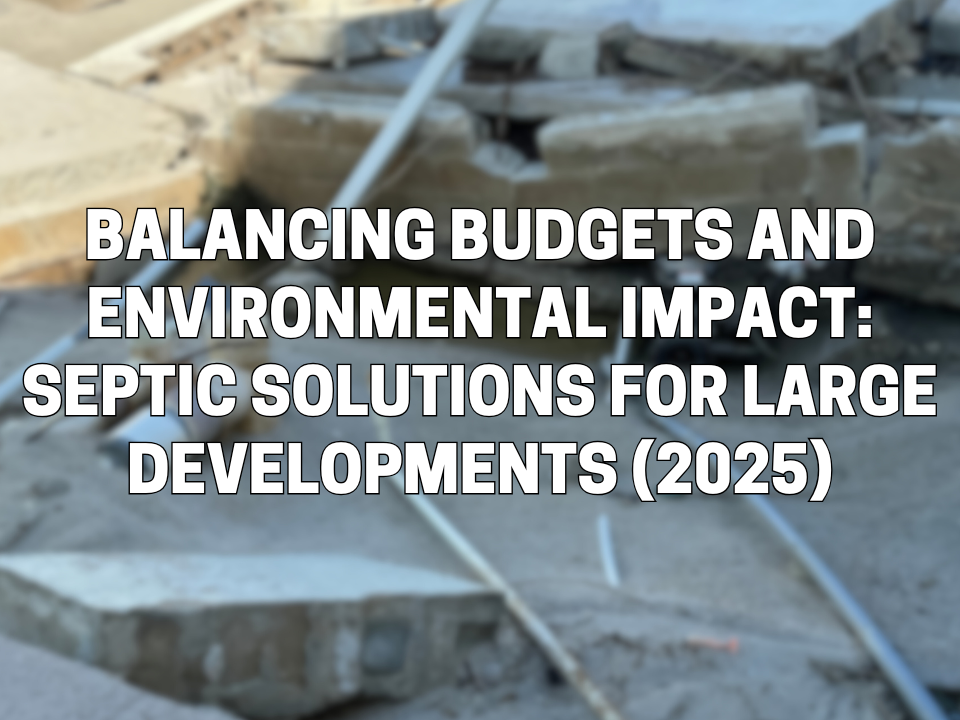Septic system planning is a critical yet often underestimated aspect of real estate development. Developers who fail to account for proper site assessments, regulatory requirements, and early collaboration with septic designers can face expensive project delays. From soil testing missteps to coordination failures with inspectors, there are many pitfalls that can stall construction and inflate costs. This guide will help developers navigate the septic planning process efficiently and avoid unnecessary setbacks.
Common Pitfalls in Site Assessments and How to Avoid Them
1. Ignoring or Misinterpreting Soil Tests
One of the most frequent mistakes developers make is neglecting soil testing or misinterpreting the results. Septic systems rely on the soil’s ability to absorb and filter wastewater properly. Issues like high water tables, moderately or severely limiting soils can lead to system failures.
How to Avoid This:
- Conduct percolation tests early in the project.
- Work with experienced certified site evaluators to interpret results correctly.
- Adjust site plans accordingly based on soil conditions.
2. Overlooking Property Elevation and Drainage
Poor drainage or improper grading can lead to wastewater backup or system failure, especially in areas with heavy rainfall. Developers who overlook these factors may need costly regrading or system redesigns later.
How to Avoid This:
- Assess site topography and drainage patterns before selecting a septic system type.
- Use engineered solutions like mounded systems in flood-prone areas.
3. Underestimating Regulatory Requirements
Each state and local jurisdiction has different codes governing septic systems. Failing to comply with permit requirements can delay approvals for months.
How to Avoid This:
- Research and understand local health department regulations early.
- Engage an environmental specialist to ensure compliance.
- Submit permit applications with all required paperwork.
The Importance of Early Collaboration with Septic Designers
Why Involving Septic Designers Early Matters
Septic designers can determine the best system layout, ensuring compliance with local codes and optimizing system performance. Waiting until later stages can force expensive redesigns.
Best Practices for Collaboration:
- Start the conversation early. Involve septic designers as soon as site selection begins.
- Share development plans. Provide them with surveys, grading plans, and utility layouts.
- Account for future scalability. Ensure the system can handle additional loads if expansion is planned.
Real-World Examples of Delayed Projects (And How to Avoid Them)
Case Study #1: The Costly Soil Test Oversight
A Florida developer purchased a 20-acre parcel for a residential community but skipped a comprehensive soil test before finalizing site plans. During permitting, inspectors found the soil unsuitable for a conventional septic system, leading to a six-month delay while the developer reconfigured the drainage system.
Lesson Learned: Conduct soil tests before finalizing property purchases or system designs.
Case Study #2: Last-Minute Design Revisions
A commercial project in Tampa was delayed by eight months because the septic system design was not reviewed by environmental regulators early in the process. The developer had to redesign the system and secure additional permits, costing the project $250,000 in extra expenses.
Lesson Learned: Engage septic designers and environmental specialists from day one.
Tips for Coordinating with Inspectors and Environmental Specialists
1. Build Relationships with Inspectors
Regulatory inspectors play a crucial role in the approval process. Establishing open communication and addressing concerns proactively can prevent rejections and delays.
2. Schedule Site Visits Early
Arrange preliminary site inspections before finalizing system designs to identify potential red flags.
3. Maintain Detailed Documentation
Keep records of soil tests, design plans, and environmental impact assessments to streamline approval processes.
4. Work with a Trusted Septic Engineering Firm
Having a reliable engineering firm onboard ensures compliance and a smooth approval process.
Partner with Florida Engineering LLC for Septic System Success
Avoid costly delays and ensure your septic system is designed, permitted, and installed correctly by partnering with Florida Engineering LLC. Our team of experienced professionals specializes in septic system planning, site assessments, and regulatory compliance. Contact us today to streamline your project!
Contact Us – Septic Engineering Near You – Florida’s Top Civil Septic Engineer
- Phone: 941-391-5980
- Email: contact@fleng.com
- Address: 4161 Tamiami Trail, Suite 101, Port Charlotte, FL 33952
Connect With Us
Related Services

